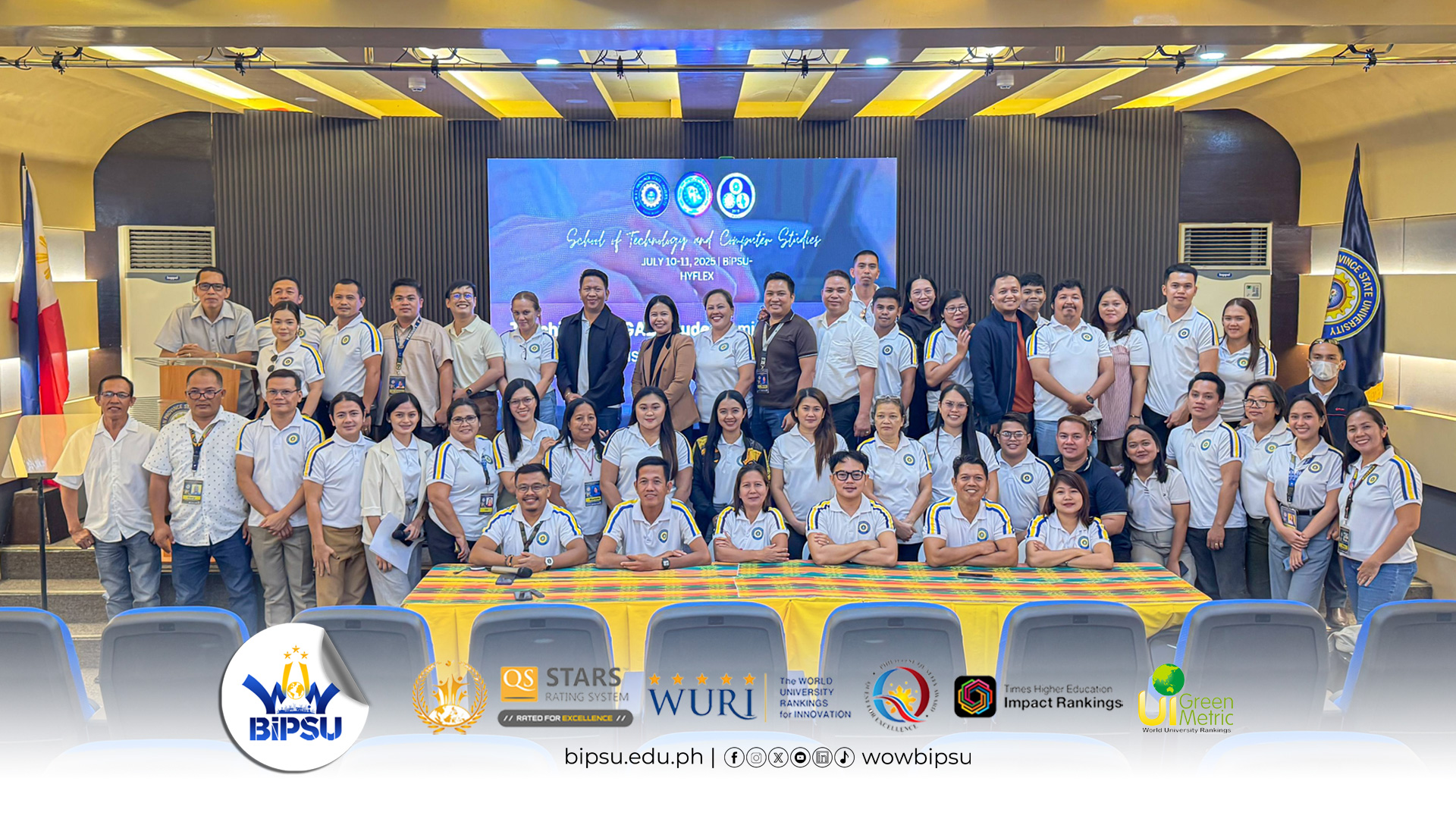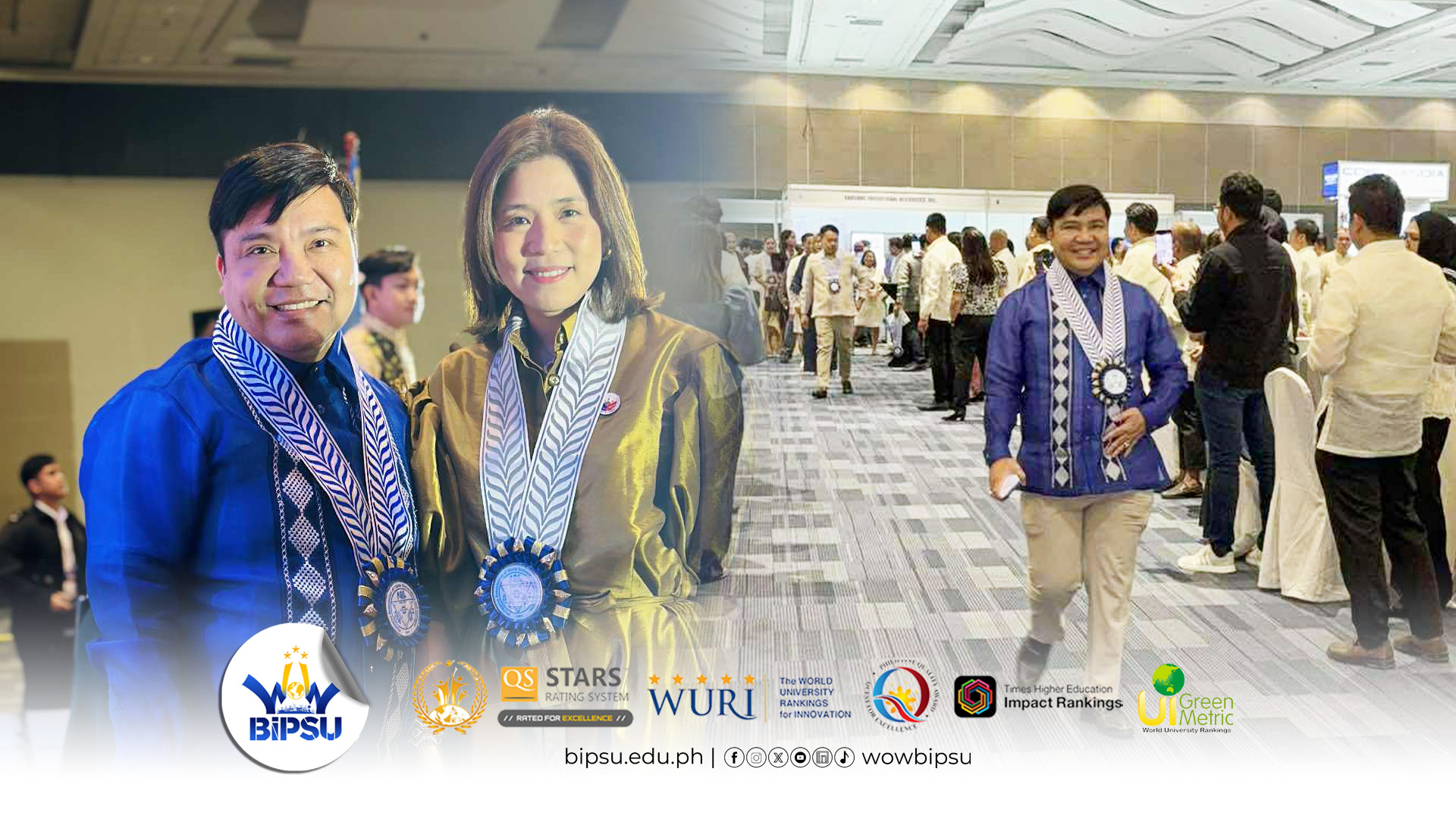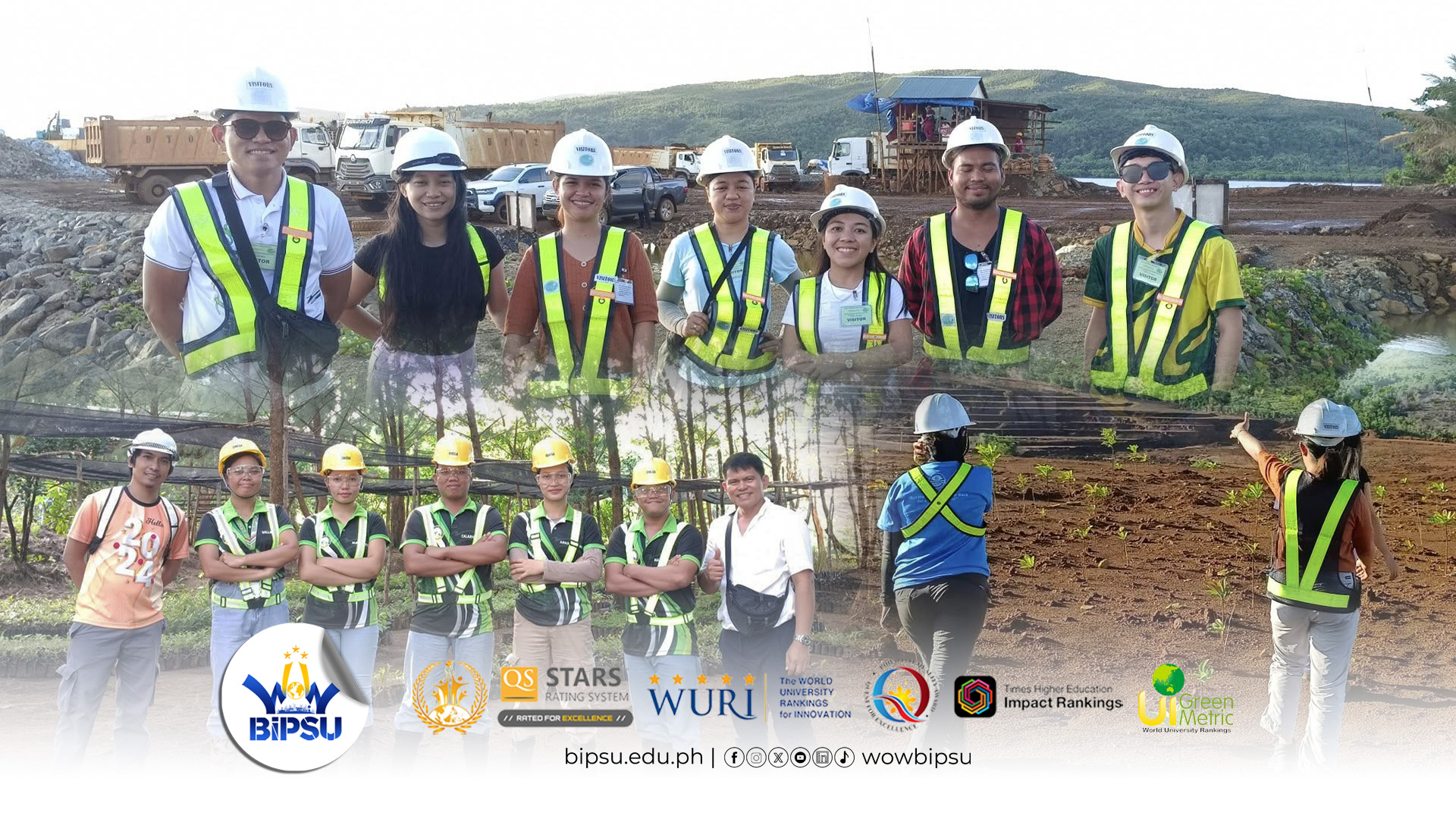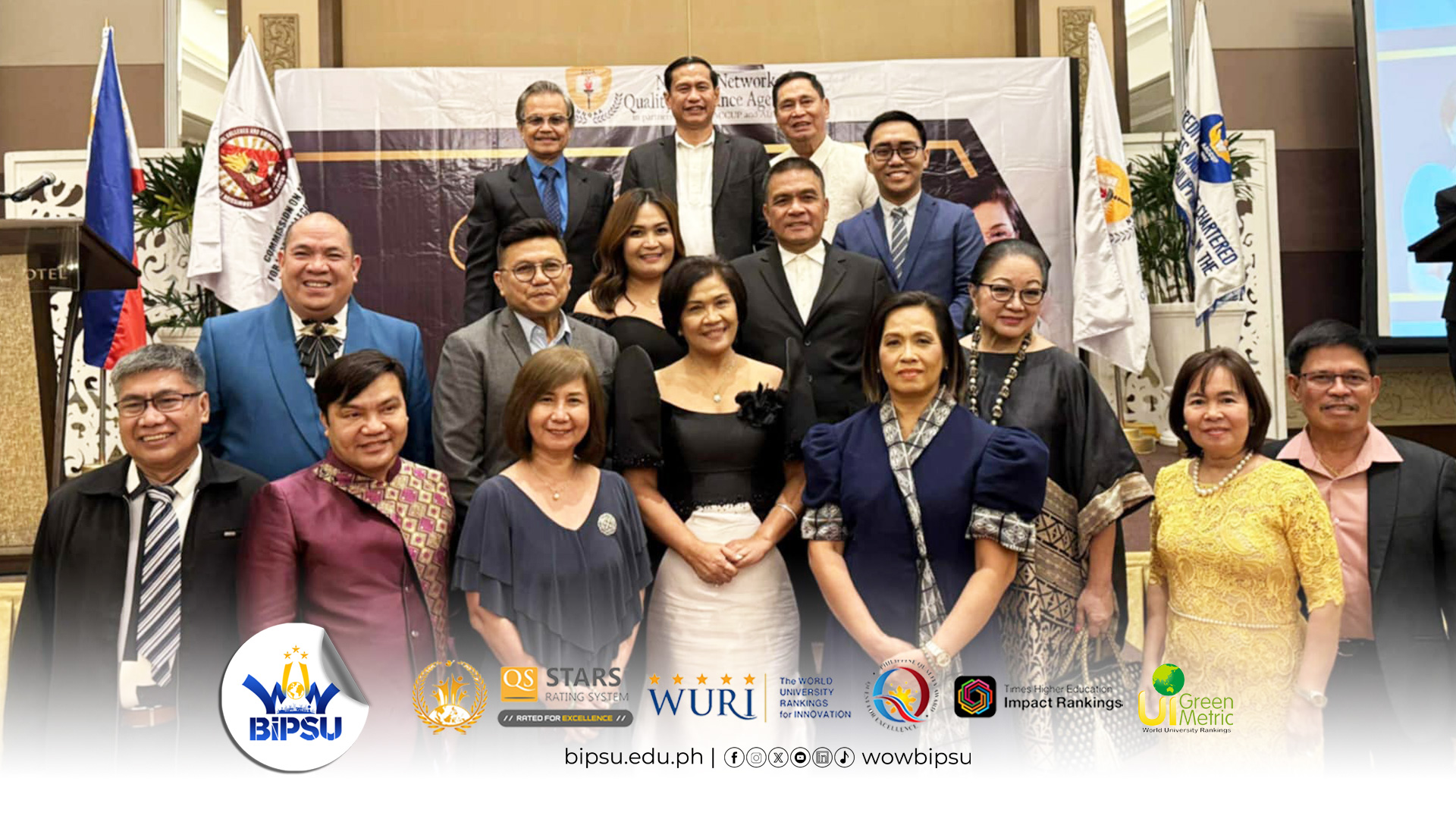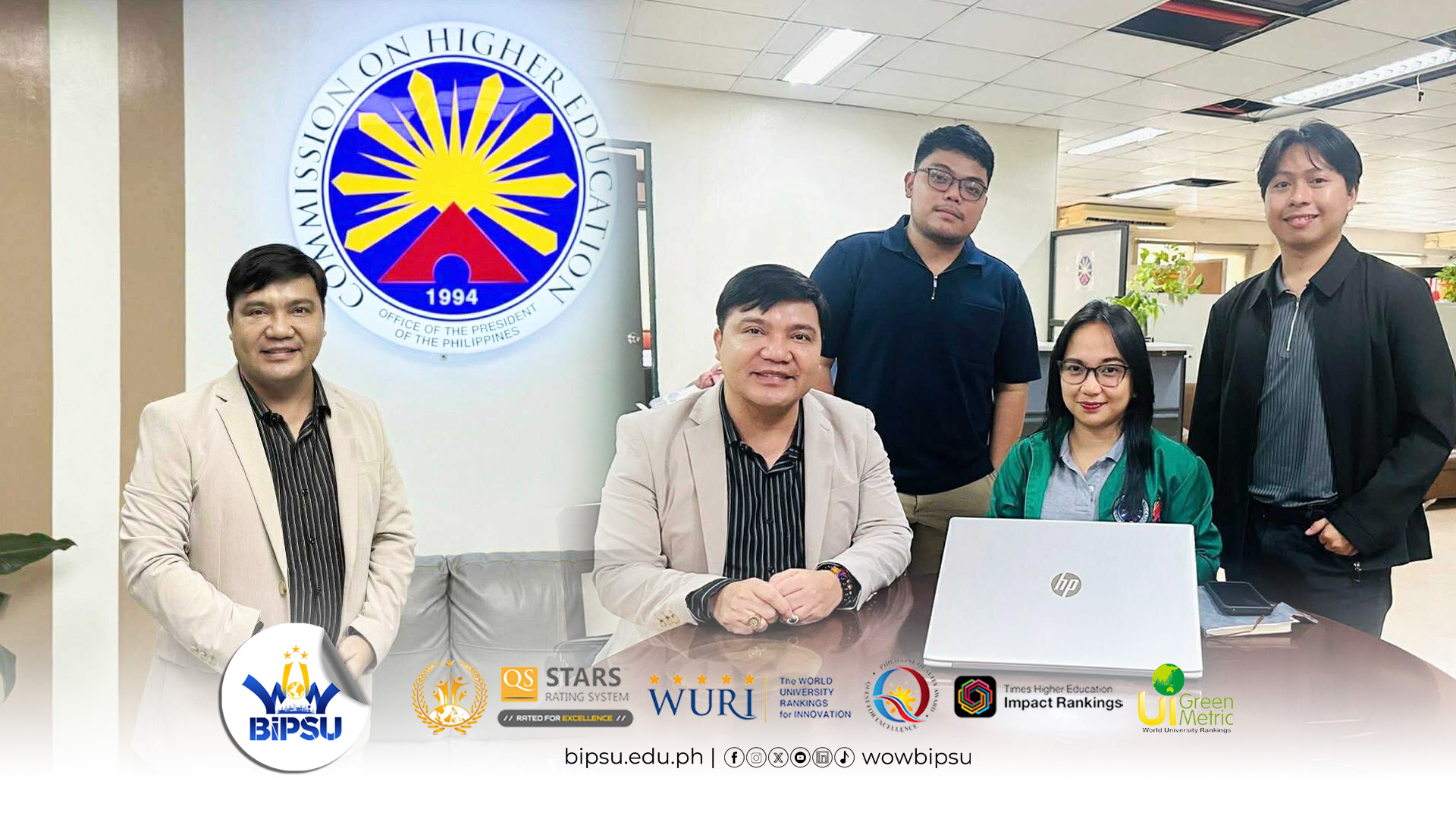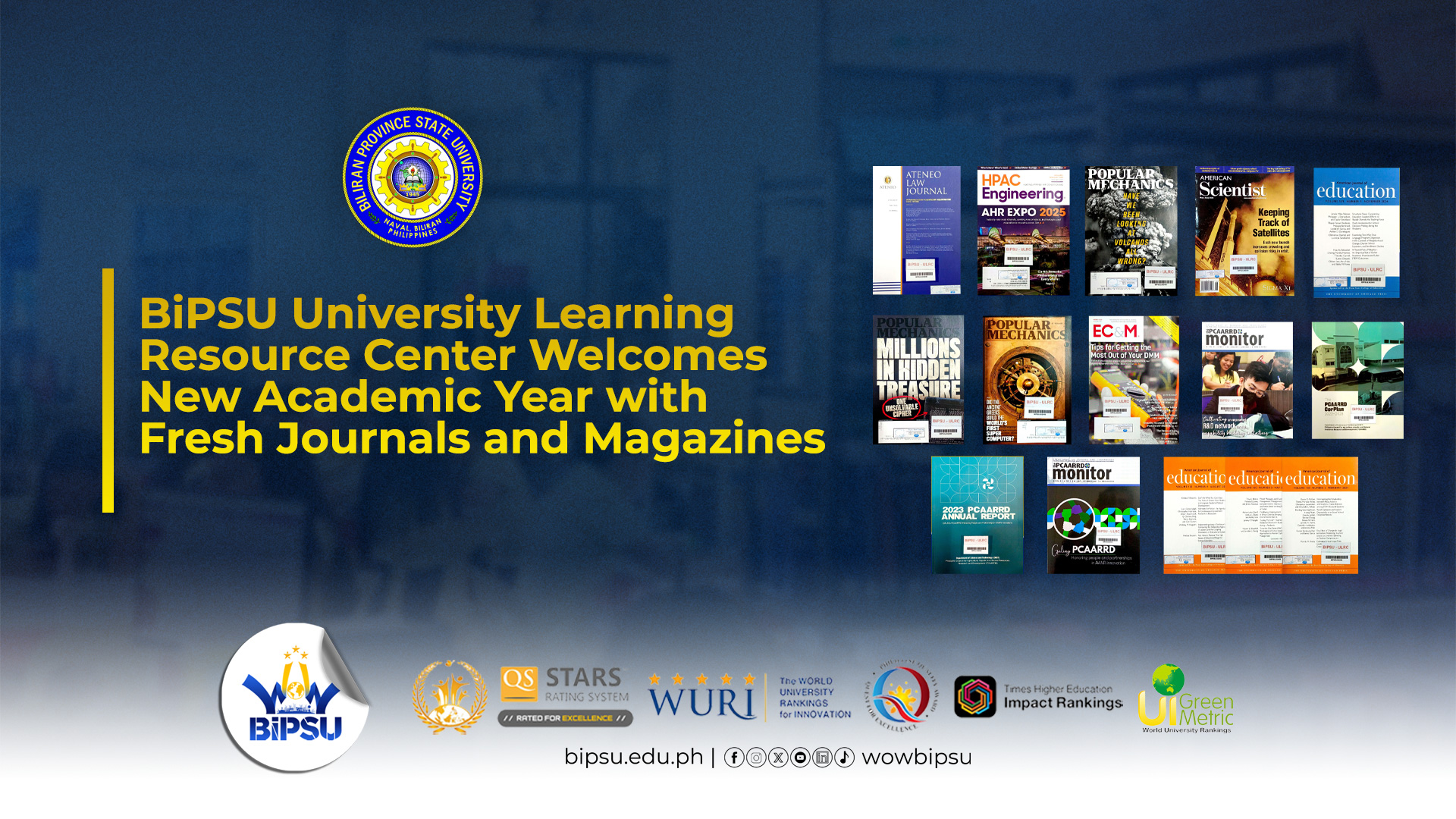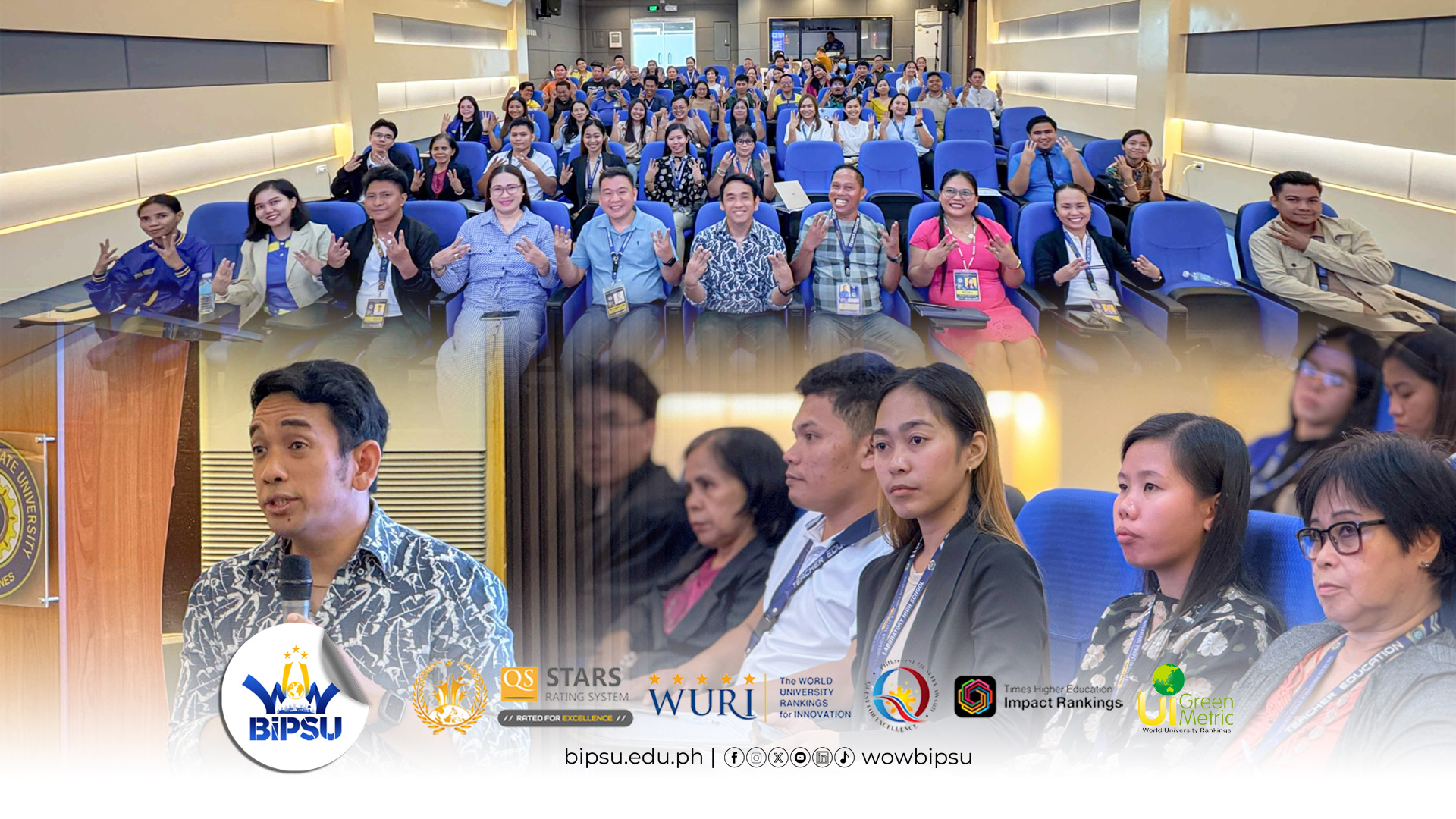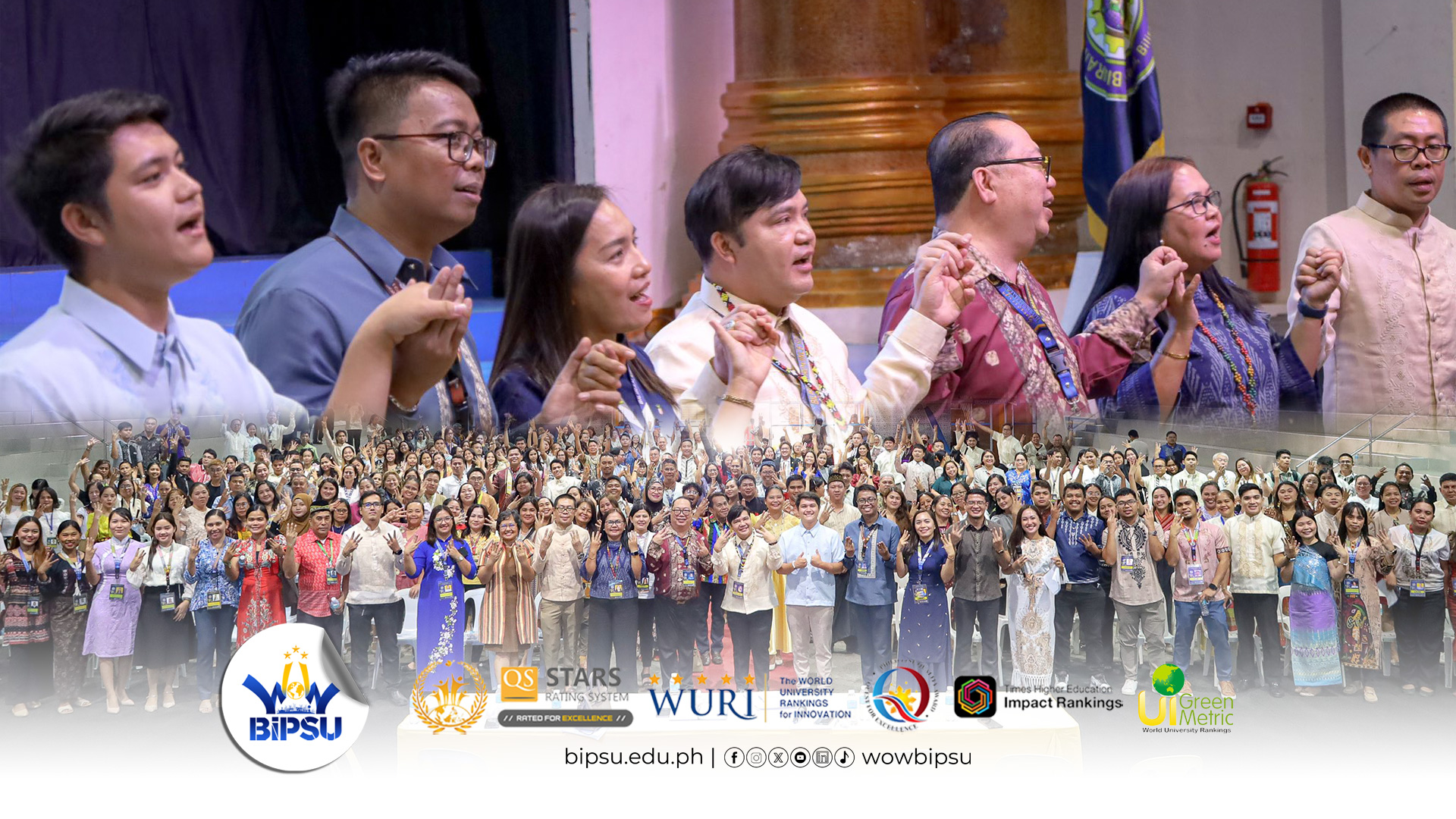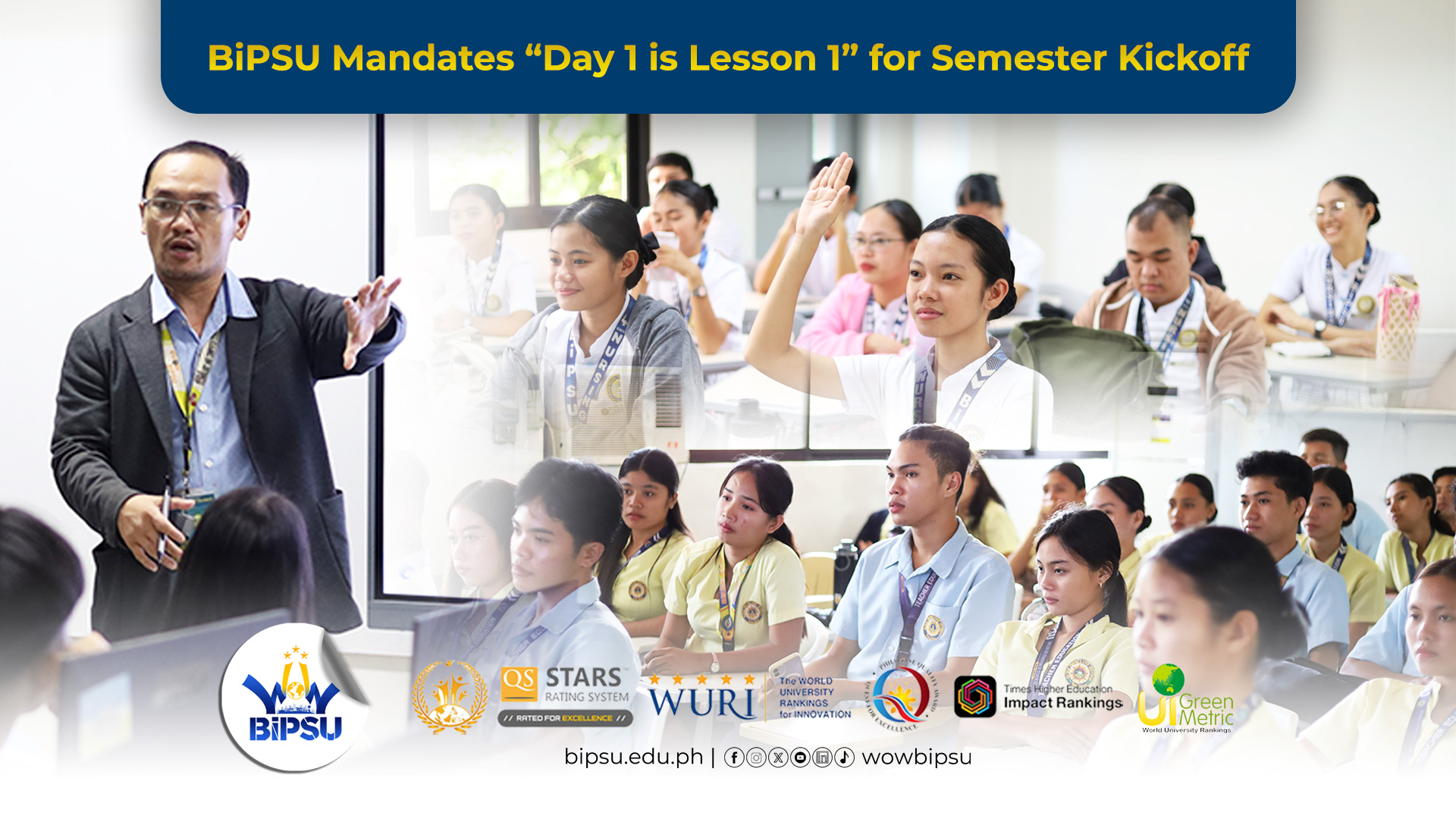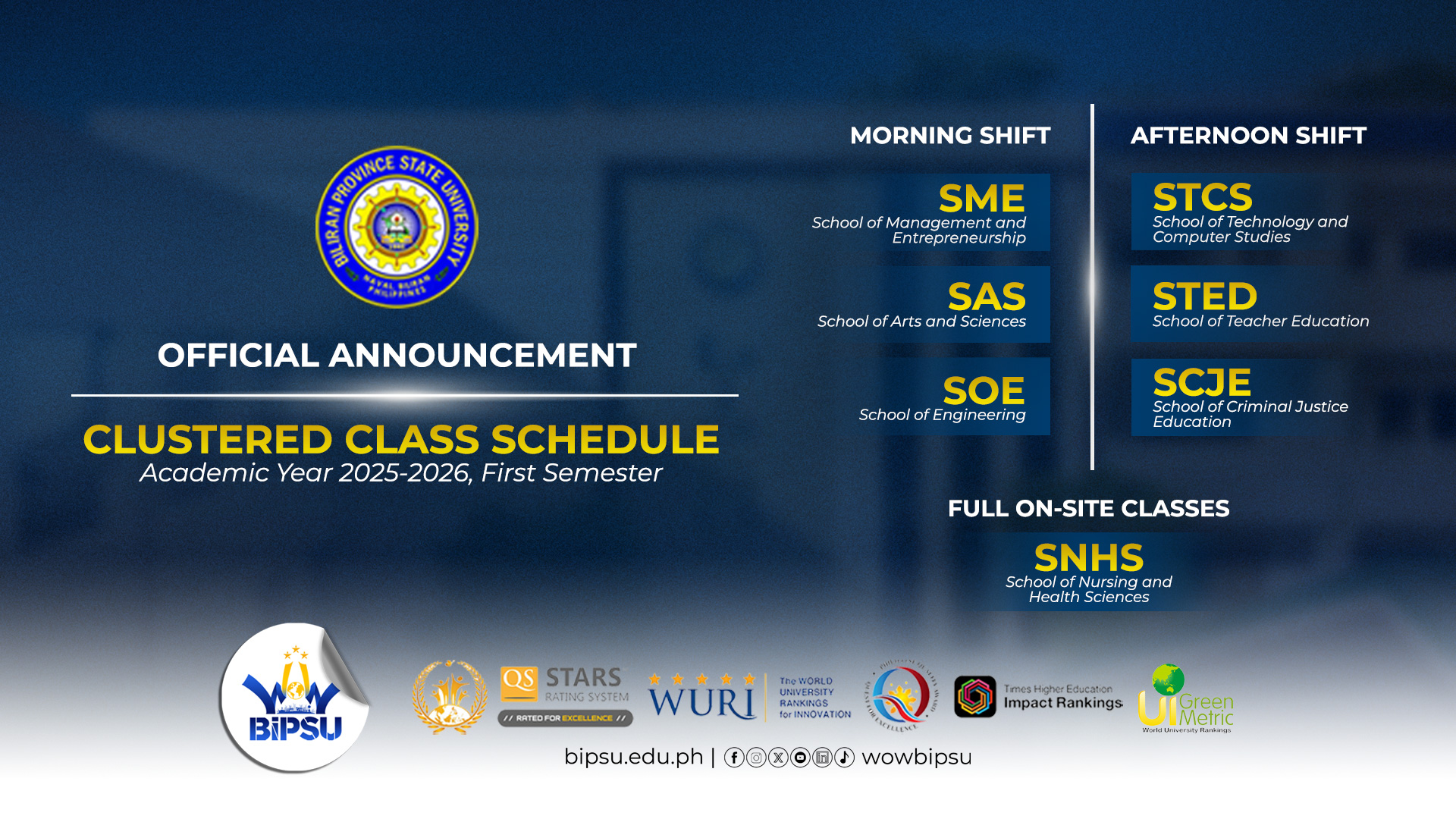- Written by Lorenzo R. de la Cruz; Photo by Mark Ronnie Mangco
- Read Time: 1 min
On June 10, 2025, the pursuit of equitable and inclusive education took center stage at Biliran Province State University (BIPSU) as its School of Technology and Computer Studies (STCS) successfully hosted the illuminating seminar-workshop, "Teaching with GAD-ttitude: Seminar-Workshop in Creating Inclusive Instruction, Extension, and Research Activities." The full-day event underscored the university's commitment to embedding Gender and Development (GAD) principles deeply within its academic and outreach frameworks. The full-day event, attended by the faculty of the School of Technology and Computer Studies, underscored the university's commitment to embedding Gender and Development (GAD) principles deeply within its academic and outreach frameworks.
The event commenced with an opening ceremony, featuring welcome remarks by Dr. Reynold G. Bustillo, BSIS Program Chairperson. Dr. Bustillo underscored the importance of integrating GAD principles into teaching, research, and extension activities, positioning these efforts as essential for addressing societal challenges.
The core of the workshop was a series of expertly delivered talks designed to provide both theoretical understanding and practical application of GAD principles. The first session, "Integrating the GAD Approach into Your Syllabus," was led by Dr. Annel Ruth D. Celis, Chairperson of the Bachelor of Arts in Economics Program. Her presentation offered faculty members actionable strategies for meticulously weaving gender-sensitive language, case studies, and perspectives into their course outlines and lesson plans, ensuring that the curriculum itself promotes gender equality.
Following this, Mr. Fernando E. Quiroz Jr., a former Head of GRASS of the BIPSU-GAD Office, presented "Integrating a Gender Lens in Academic Inquiry." His insightful discussion highlighted the imperative of conducting research through a gender-sensitive lens, emphasizing how such an approach can unveil nuanced societal dynamics and lead to more comprehensive and impactful findings. He provided guidance on formulating research questions, selecting methodologies, and interpreting data in a manner that accounts for gender differences and inequalities.
The morning session concluded with "Planning Inclusive Tech-Based Outreach Projects," a compelling talk by Dr. Marianne B. Dagaylo-An, Director of the GAD Office. She elucidated how technology can be harnessed as a powerful tool for social good, particularly in designing outreach programs that are accessible, relevant, and beneficial to all genders and marginalized groups within the community. Her presentation offered practical frameworks for developing projects that actively address gender-specific needs and challenges.
A key highlight of the afternoon was the "Research & Extension Services Proposal Presentation." Mr. Glenn Gumba, STCS Research Chairperson, and Ms. Jhanna Mariel A. Merino, STCS Extension Services Chairperson, showcased exemplary proposals that demonstrated integration of GAD principles. These presentations served as tangible examples of how faculty can translate the theoretical concepts learned into concrete, GAD-responsive research and community engagement initiatives. Each presenter acted as a skilled weaver, demonstrating how to seamlessly blend GAD principles into their respective fields.
The seminar-workshop concluded with closing remarks from Dr. Cheryl A. Ebajo, BSIS Program Chairperson, who reiterated the significance of continued commitment to GAD mainstreaming within the university. She stressed the importance for all faculty to continue to weave these inclusive practices into their daily work.
The "Teaching with GAD-ttitude" seminar-workshop stands as a testament to #WoWBIPSU's proactive approach in cultivating a truly inclusive and gender-responsive academic and community environment, empowering its faculty to be agents of positive social change through their instruction, research, and extension activities.
[This article aligns with the United Nations Sustainable Development Goal No. 5: Gender Equality.]
